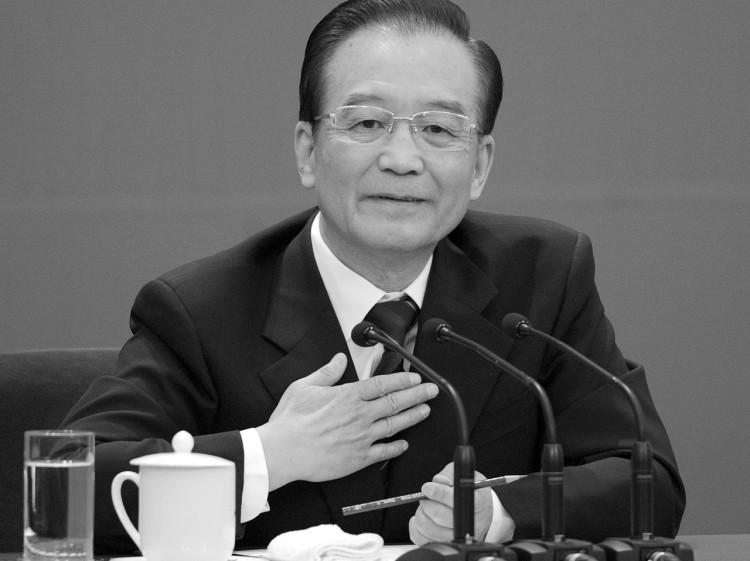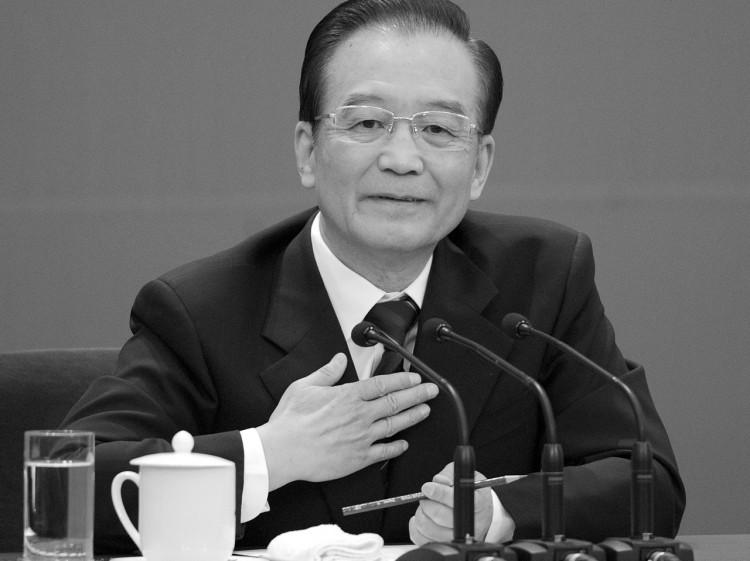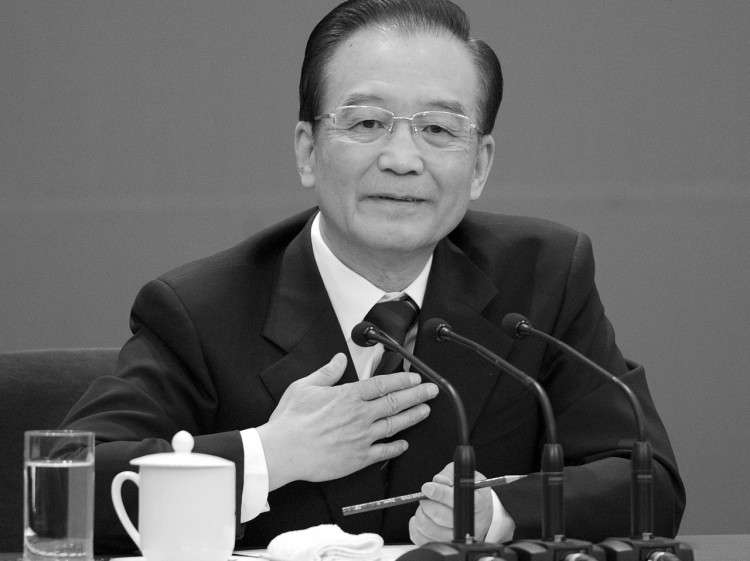With Premier Wen Jiabao leading the way, criticism within China of the powerful Political and Legislative Affairs Committee (PLAC) has mounted. Such criticism is also a means of attacking the PLAC’s director, Zhou Yongkang, who heads a faction opposing Wen and Party head Hu Jintao.
At Wen’s press conference at the close of the National People’s Congress on March 15, he said, “As the economy grows, such new problems as unfair distribution, lack of credibility, and corruption have emerged. I am fully aware that to resolve these issues we must conduct not only economic structural reform but also political structural reform, especially reform of the leadership system, of the Party, and the state.”
Latest News: Beijing Leadership Dares to Reawaken June 4 Memories
Get the RSS feed. Get the Timeline of Events. Who are the Major Players?
Former Beijing University law professor and dissident Yuan Hongbing says Wen’s remarks were widely interpreted as a signal that Party Central plans to diminish the wide-ranging powers of the PLAC.
As the head of this Chinese Communist Party (CCP) agency, Zhou has the authority to utilize the resources of the court, Supreme Procuratorate, Ministry of Public Security, Ministry of State Security, Ministry of Justice, the People’s Armed Police, and other agencies at various levels. Analysts say that the PLAC’s control of the 1.5 million strong armed police in particular has made it a second center of power inside the CCP.




